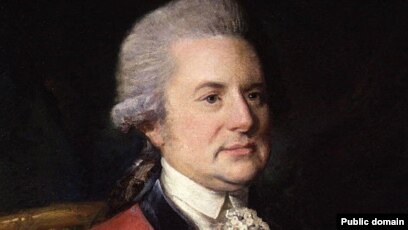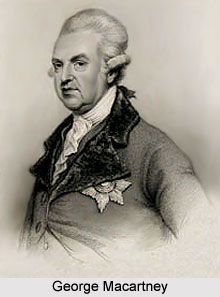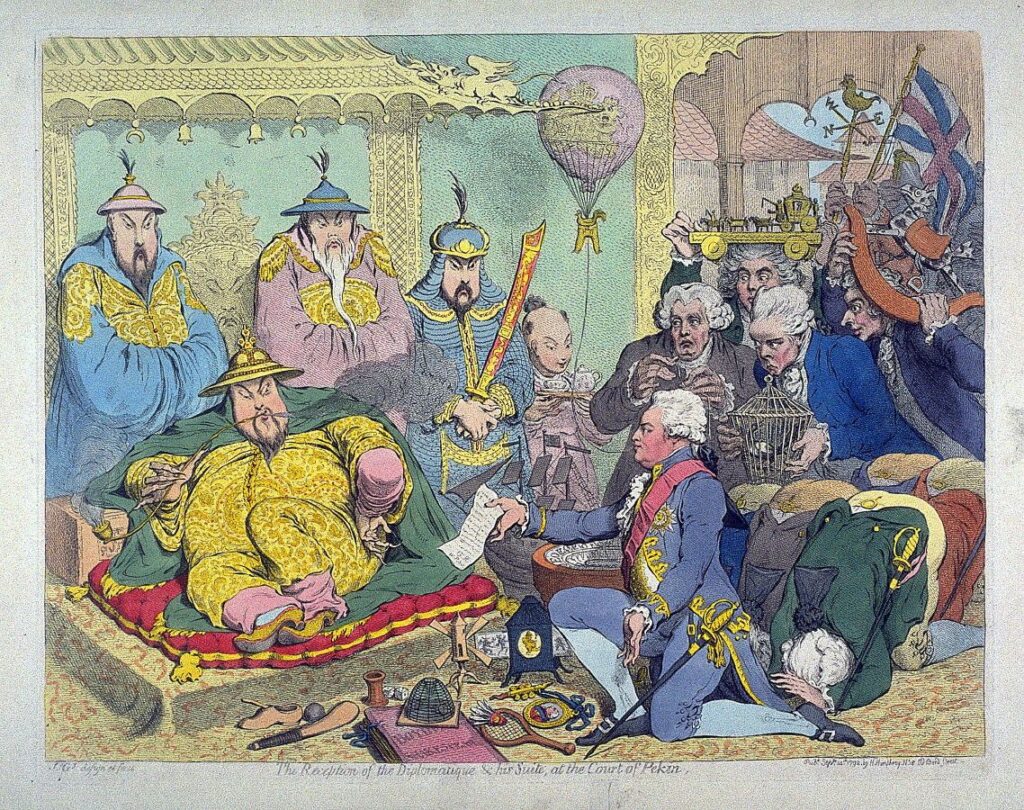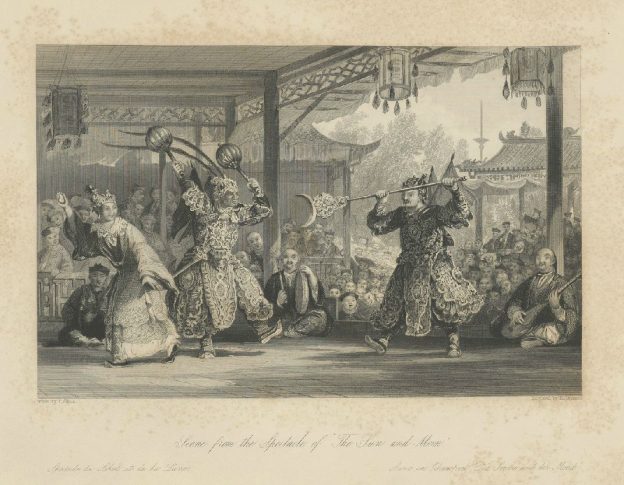A lot of the British motivation in their involvement in the Opium Wars can be traced back to the year 1793. At the time, Britain was the envy of the world. A colonial power, they traveled the world to find what they wanted, and they got what they wanted. It was an empire grand in scale and in aspirations. One thing that the British could not get enough of was tea, among other foreign goods. Like many of their supplies, they had to go overseas to find the goods of highest quality that they desired. And thus, the Queen sent Lord Maccartney and his men to sail to China and make trade negotiations, through the massive British East India Company, the trading entity created and used by the British to monopolize the Eastern seas. To Britain China had what they wanted. But China did not want company, or any sort of foreign audience.


At the time, Qing China had isolated itself from the rest of the world, a ‘hermit kingdom’ ruled at the time by the Qianglong Emperor. Notorious for its isolationist approach, China was a land of mystery to the outside world, and intentionally so. Macartney eventually landed in China with his men, but it was ever apparent that the Emperor had little interest in the trade deal. Macartney’s mission had to wait days to receive an audience with the Court, and even then, received a cold welcome. The outlines of the trade were proposed by the British. But there is one notable thing that the British wanted besides tea. At the time, the British had insufficient trade ports to support their trade near India and China, particularly in Canton. In addition, there were restrictions on British trade by local authority that were contrary to Britain’s grand plans of global trade at an, at the time, unprecedented scale. China was in their way. Britain wanted the tea, silver, silk, and porcelain that they felt essential to British life. They additionally wanted access to certain ports where they would be able to follow their own laws as opposed to China’s laws. The offering in return were a vast amount of goods, but they were goods that Qianlong balked at, stating that China was grand and luxurious enough as is, and did not need such goods. “Strange and costly objects do not interest me”. The cultural rift between Britain and China is ever apparent. The Emperor balked at British offers, seeing them as a diminutive and puny tributive state from far away, insignificant compared to China and under Chinese dominion for at least their time in the mainland. The mission would be Kowtow, and bow to the Emperor. These terms set by the British were clearly unfair, and much in Britain’s favor. The two sides could not agree to a deal, largely due to a lack of Chinese interest, a refusal to budge for the British, and poor communication between both sides.


While the British wished to freely trade from Chinese waters, the Qianlong Emperor wanted to strictly adhere British trade in China to Chinese law, and limit them to a single port, Macao. Frequently in his edicts did the Qianlong Emperor refer to the British merchants as ‘barbarians’, believing them to fall under his rule and expressing a serious disdain for the British people. “Your barbarian merchants will have had a long journey for nothing! Do not say that you were not warned in due time! Tremblingly obey and show no negligence!” The Emperor made his point loud and clear.
Overall, the failure of the Macartney expedition set the stage for future conflict by creating a bitter taste in the mouth for both sides, especially Britain. Nobody told the British no, and they were going to get what they wanted no matter what. They may not have known it at the time, but the Chinese were set to be doomed, and they would come to face the sheer brunt of the globally dominant British Empire.

Hi, this is a comment.
To get started with moderating, editing, and deleting comments, please visit the Comments screen in the dashboard.
Commenter avatars come from Gravatar.